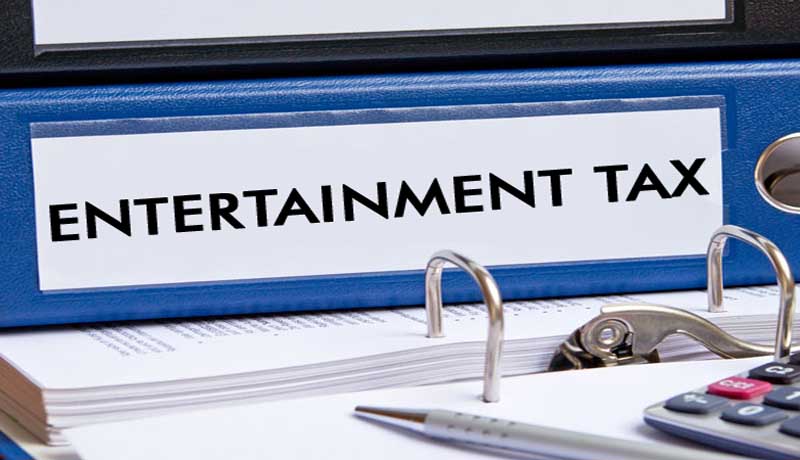GST: Gujarat Local Bodies given power to collect Entertainment Tax

Entertainment Tax – Taxscan
Entertainment Tax – Taxscan
Under the Goods and Services Tax (GST), the Local Bodies of the Gujarat state will have the power to collect Entertainment Tax.
The State Legislative Assembly yesterday unanimously passed a Bill empowering local governing bodies, like municipal corporations, to collect taxes on various kinds of entertainment and amusement under the new proposed indirect tax regime.
The special session, called by the state government yesterday to pass the main GST Bill and two other related legislations namely, Gujarat Value Added Tax (Amendment) Bill and Gujarat Local Authorities Laws (Amendment) Bill.
While tabling The Gujarat Local Authorities Laws (Amendment) Bill, Gujarat Deputy Chief Minister Nitin Patel informed the House that once the proposed GST Act comes into force, the states will lose the power to collect Entertainment Tax. At present, such taxes are collected by the state government as per the provisions of Gujarat Entertainment Tax Act of 1977, which was amended in 2002.
"Once GST comes into force, our Entertainment Tax Act will be repealed, as that tax would become a part of GST. The GST Act and subsequent amendment in the Constitution further empowers local bodies to levy and collect taxes on entertainment and amusements," Patel said.
According to him, the state government is now required to delegate the power to collect such tax to municipal corporations, municipalities and village panchayts by introducing a Bill in this regard. At present, the state government collects entertainment tax from movie theatres, multiplexes, fairs and water-parks, Patel informed the House.
"In the past, the state government used to keep 50 per cent share, while the remaining portion of that income would go to the local bodies. In 2002, we accepted the Finance Commission's recommendation and raised the share of local bodies to 75 per cent," Patel, who handles the Finance portfolio, said.
"Now, with this new amendment, all the local bodies are now empowered to collect and keep 100 per cent of this tax. We firmly believe that the new tax structure would benefit local bodies to undertake more developmental works," Patel said in his speech.


